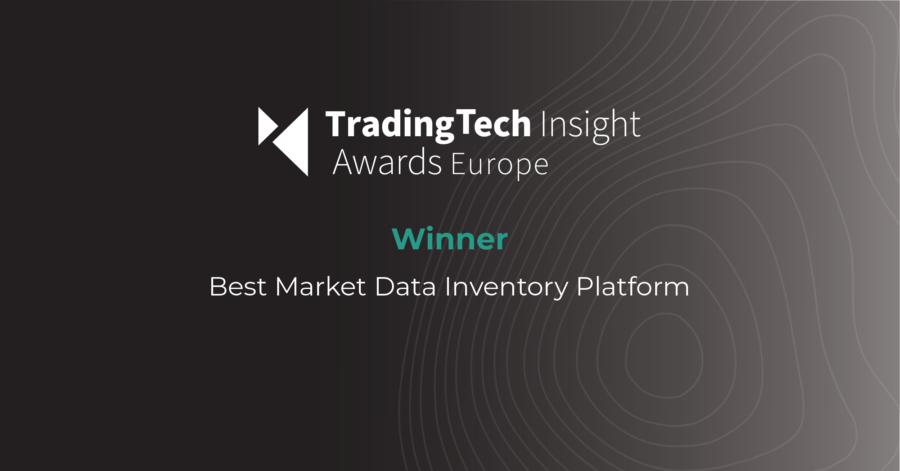Market data managers face the constant challenge of managing an ever-growing volume of information while ensuring accuracy, timeliness, and compliance. At the heart of these operations lies a critical factor that can either streamline processes or introduce unnecessary friction: vendor interoperability.
Vendor interoperability refers to the seamless integration of systems and platforms between market data providers and their clients. By enabling straightforward connections between vendors and consumers, interoperability saves time, reduces costs, and enhances the overall value of market data services. Let’s explore why this matters and how it benefits both sides of the equation.
The Growing Complexity of Market Data Management
Market data managers are tasked with navigating a landscape that grows more intricate by the day. Data sources are multiplying, regulatory requirements are tightening, and the demand for real-time insights is unrelenting. Managing this complexity requires tools and systems that can communicate effortlessly with one another.
However, the reality is often far from seamless. Market data vendors frequently use proprietary systems that lack the flexibility to integrate with a client’s existing infrastructure. This can lead to time-consuming manual processes, data silos, and inefficiencies that ultimately impact decision-making.
The Case for Interoperability
Simple integration into vendor systems addresses these challenges head-on. When vendors design their platforms with interoperability in mind, they remove barriers that slow down operations and frustrate users. Here’s how:
- Time Savings: Manual data entry and reconciliation are significant time sinks. Interoperable systems automate these processes, allowing market data managers to focus on higher-value activities.
- Cost Efficiency: Reducing manual effort and minimizing errors leads to lower operational costs. Moreover, streamlined processes can prevent costly delays in accessing critical market data.
- Improved Data Accuracy: Seamless integration reduces the risk of errors that can occur during manual handling, ensuring that data remains reliable and actionable.
- Enhanced User Experience: When systems communicate effectively, users enjoy a smoother experience. This can translate to better relationships between market data vendors and their clients.
- Future-Proofing: As technology evolves, interoperability ensures that systems can adapt and integrate with new tools and platforms, safeguarding investments in market data services.
What to Look for in a Vendor to Ensure Interoperability
For market data managers, selecting the right vendor is critical to achieving seamless integration. Here are the key attributes to look for when evaluating a vendor’s interoperability functionality:
- Commitment to Open Standards: Ensure the vendor uses widely accepted data exchange protocols. This promotes compatibility with a range of platforms and reduces the risk of vendor lock-in.
- Robust API Capabilities: Vendors should offer well-documented, versatile APIs that allow for easy integration with your existing systems. Look for APIs that support real-time data exchange and customization.
- Proven Track Record: Ask for case studies or references from other clients who have successfully integrated the vendor’s systems. A proven history of interoperability speaks volumes about the vendor’s capabilities.
- Flexibility and Scalability: Choose vendors whose systems can adapt to your evolving needs. Whether it’s integrating new data sources or scaling to handle increased data volumes, flexibility is essential.
- Strong Support and Collaboration: A vendor’s willingness to work closely with your team during setup and beyond is crucial. Look for providers that offer dedicated support and proactive engagement to address integration challenges.
- Commitment to Innovation: Interoperability isn’t a one-and-done feature. Select vendors that invest in continuous improvements to their platforms, ensuring they stay ahead of technological advancements.
The Road Ahead
As the market data industry continues to evolve, the importance of vendor interoperability will only grow. Market data managers need systems that can keep pace with the demands of a data-driven world, and vendors that prioritize integration will be well-positioned to deliver.
By shining a light on this critical capability, we can foster a more efficient, connected, and innovative future for market data management. In the end, the winners will be those who embrace the power of seamless collaboration, transforming the way market data is managed and delivered.
Ready to take control of your market data management?
Book a demo today and see how you can optimize your market data management.



